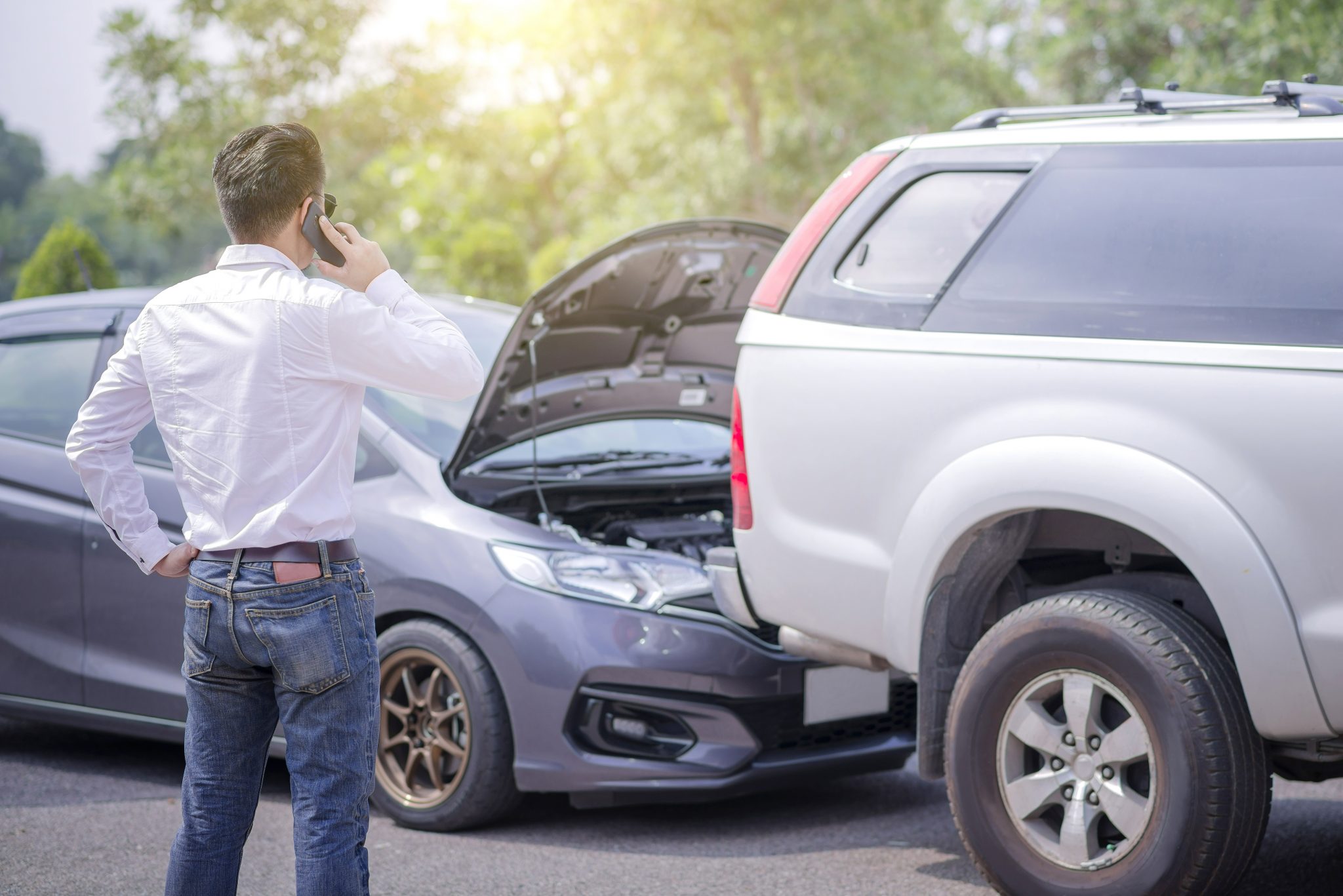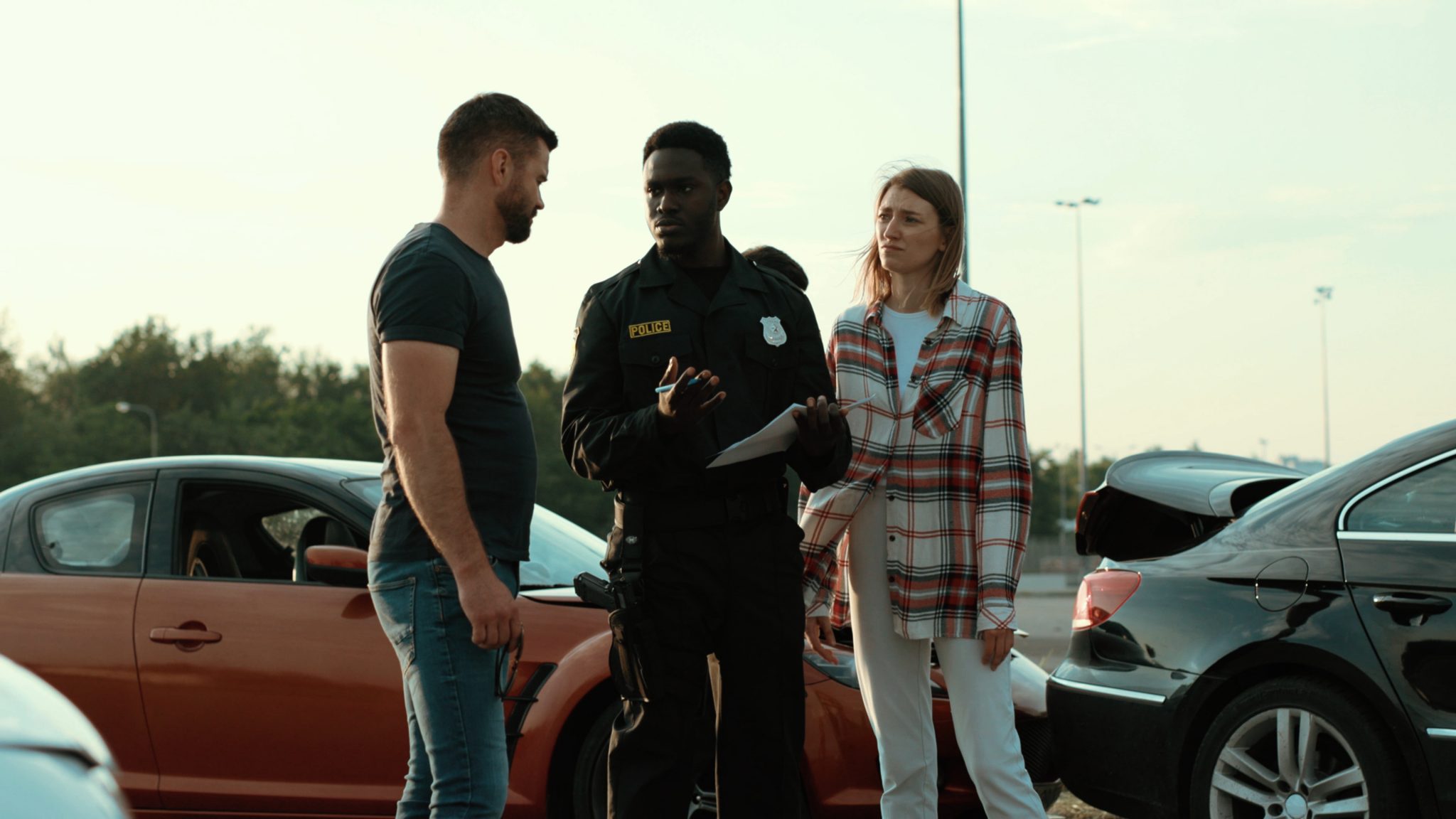- WE’RE HERE TO HELP 24/7
- 800.586.5555
Atlanta Police Will Only Respond to Serious Injury Accidents

Am I Liable if Someone Else Causes an Accident With My Car in Florida?
September 18, 2020
Who Is Liable for Contractor Injuries – the Property Owner or the Employer?
September 18, 2020Atlanta Police Will Only Respond to Serious Injury Accidents

On July 30, 2020, the Atlanta Police Department posted this statement to their ATL311 Facebook page:
“The City of Atlanta Police Department will not be dispatched to the scene of non-injury automobile accidents. If you are in an accident with no injuries, complete the SR-13 form found here: https://sr13-form-georgia.com”
This is a very brief statement put out on a Facebook page, so you may not want to read too much into it. There will likely be scenarios where a law enforcement officer is driving by, sees an accident and stops to assist, or there are extenuating circumstances that necessitate law enforcement intervention, even though there weren’t any injuries.
It’s too early to say how this decision will be ultimately be viewed by the city’s drivers, but a majority of the initial comments left on Facebook in reply to the post have been decidedly negative.
Determining Liability Without Law Enforcement
One Facebook user asked specifically how liability will be determined if there are no officers on the scene. The ATL311 account responded, “If someone insists that they would like an officer on the scene and there are no injuries, they may call into 911 and advise they would like for a supervisor or officer to meet them at the scene. Officers will then arrive and hand out the SR-13 form to make sure all the correct information is gathered.”
What to do if There Were No Serious Injuries in Your Car Accident
The first thing you should do in any accident is check for injuries. If you or the other driver have been seriously injured, the priority should always be getting help.
After you’ve determined no one has suffered any serious or life-threatening injuries, you should document the accident and any vehicle damage. Take pictures of the damage and the position of the vehicles before moving them out of the road.
Once you’ve documented the scene you should, if able, pull the cars off to the side and out of traffic to ensure you don’t cause a secondary accident.
Exchange insurance and contact information with the other driver (and take pictures of their insurance card and driver’s license) once you are both safe and out of the way of traffic.
Also, get the contact information of any witnesses if possible.
Then you’ll want to download and fill out the SR-13 form.
If the other driver tries to flee the scene, refuses to give you their insurance or contact info or is otherwise hostile toward you, don’t hesitate to contact law enforcement.
Repercussions This May Have on the Auto Accident Insurance Claims Process
The SR-13 form is complicated and it’s easy to imagine people making mistakes when filling it out.
Towards the bottom of the form are boxes for the filer to check to indicate what the other driver “intended to do.” Each person involved in the accident should be filling one of these forms out, but that still means Atlanta police (and presumably the insurance companies) will be basing their liability and fault assessments on whether “Driver 1” thought “Driver 2” intended to:
- Go straight ahead
- Overtake and pass
- Make right turn
- Make left turn
- Make U turn
- Start from parked position
- And so on
Maybe the vast majority of Atlanta drivers will be completely honest when filling out these forms. Maybe each driver will be able to accurately determine what the other drivers involved in the accident intended to do when the accident occurred.
Maybe the person responsible for causing the accident – who will likely see their insurance premiums go up if they are determined to be at fault – will admit it all on the SR-13 form.
There are a lot of honest people out there, but there are also a lot of people who will try to avoid responsibility or will truly have a different perspective of the accident.
Impartial police officers can provide a definitive record and unbiased perspective to help insurance companies determine fault in an auto accident, even those in which no serious injuries resulted from the crash. Police officers are at least somewhat trained to ascertain the truth of these matters.
Not having the police’s account of things could make it harder to properly attribute fault in car accidents, which may end up being good news for insurance companies and bad news for Atlanta drivers.
Was Someone Injured in Your Car Crash?
This new “rule” only applies to accidents where no one was seriously injured. If anyone involved in the accident was injured, you should still call law enforcement. Determining liability is important in every accident, but it can have life-altering repercussions if someone was seriously injured in a crash.
Injuries aren’t always obvious in the minutes or hours right after an accident. You may feel fine, or just a little sore, and assume you don’t need to call police. The next day or even a week or more later you may begin to realize that soreness you felt after your accident is more serious than you initially thought and you need medical attention.
The cost of medical treatment for severe injuries, or even injuries that don’t seem serious at first, can end up being astronomically high. Continuing care for people with permanent disabilities caused by accidents can run into the hundreds of thousands or even millions of dollars. People’s careers can be upended, families devastated and dreams shattered due to injuries caused by the negligence of another driver on the road.
If you or a loved one have been injured in an auto accident caused by another driver, it is of vital importance that you call law enforcement to the scene of the accident. You should take your own pictures and document the scene as well – if your injuries don’t prevent you from doing so.
Insurance companies will almost always attempt to point the finger away from their client. Having your accident documented, both by yourself and law enforcement, is the best way to ensure the truth about your accident is on the record, and the most reliable way to get the insurance company to provide fair compensation.
